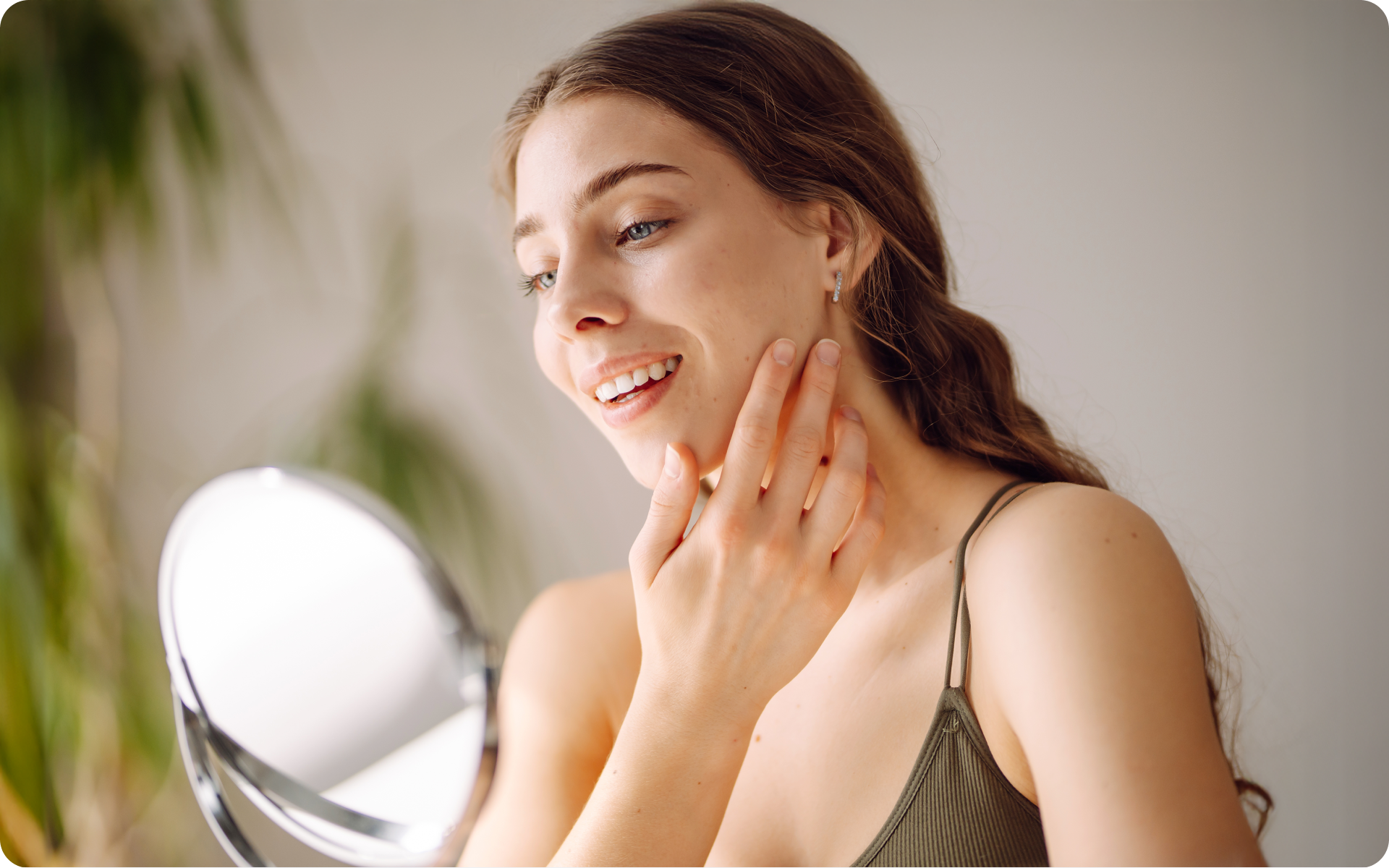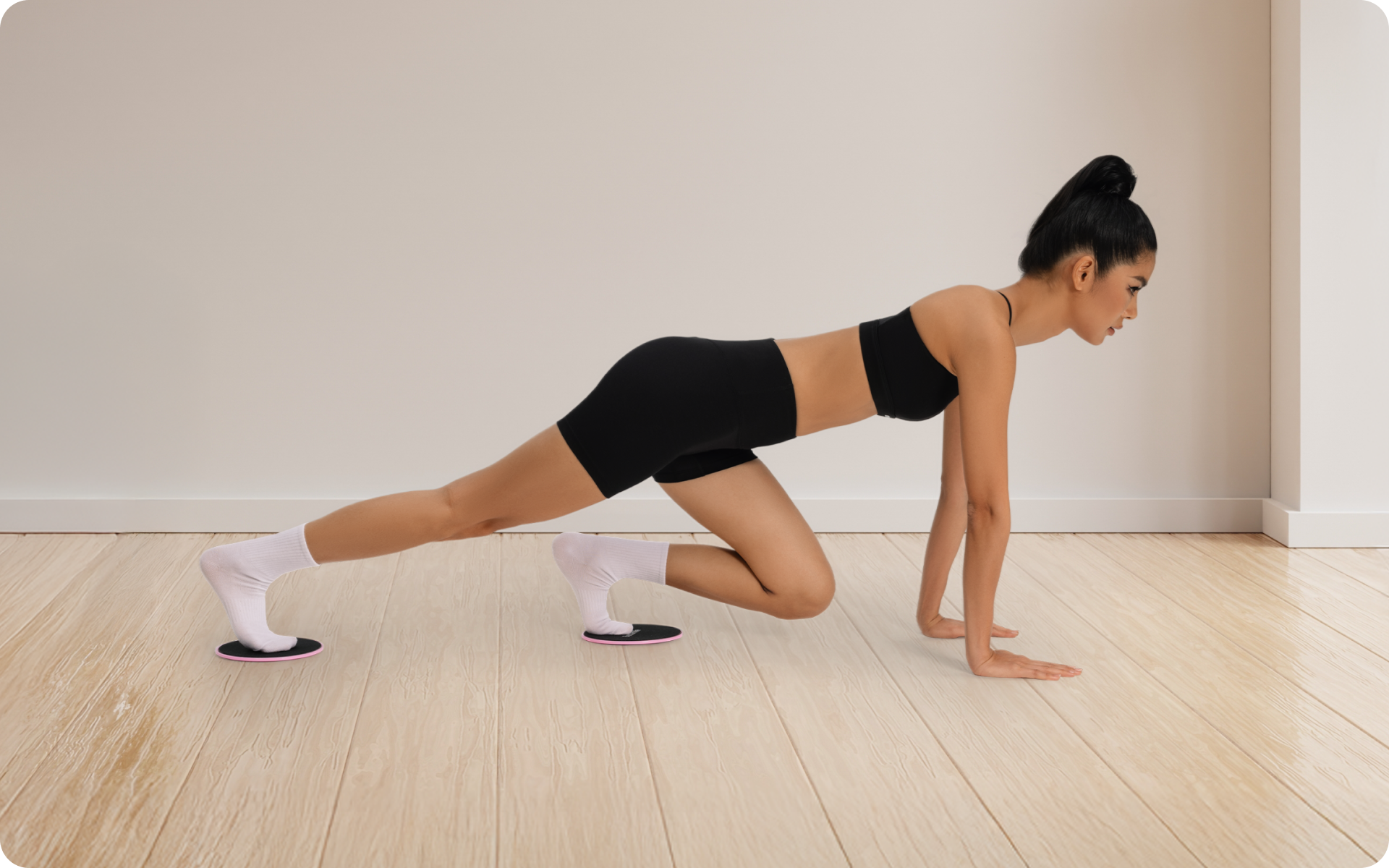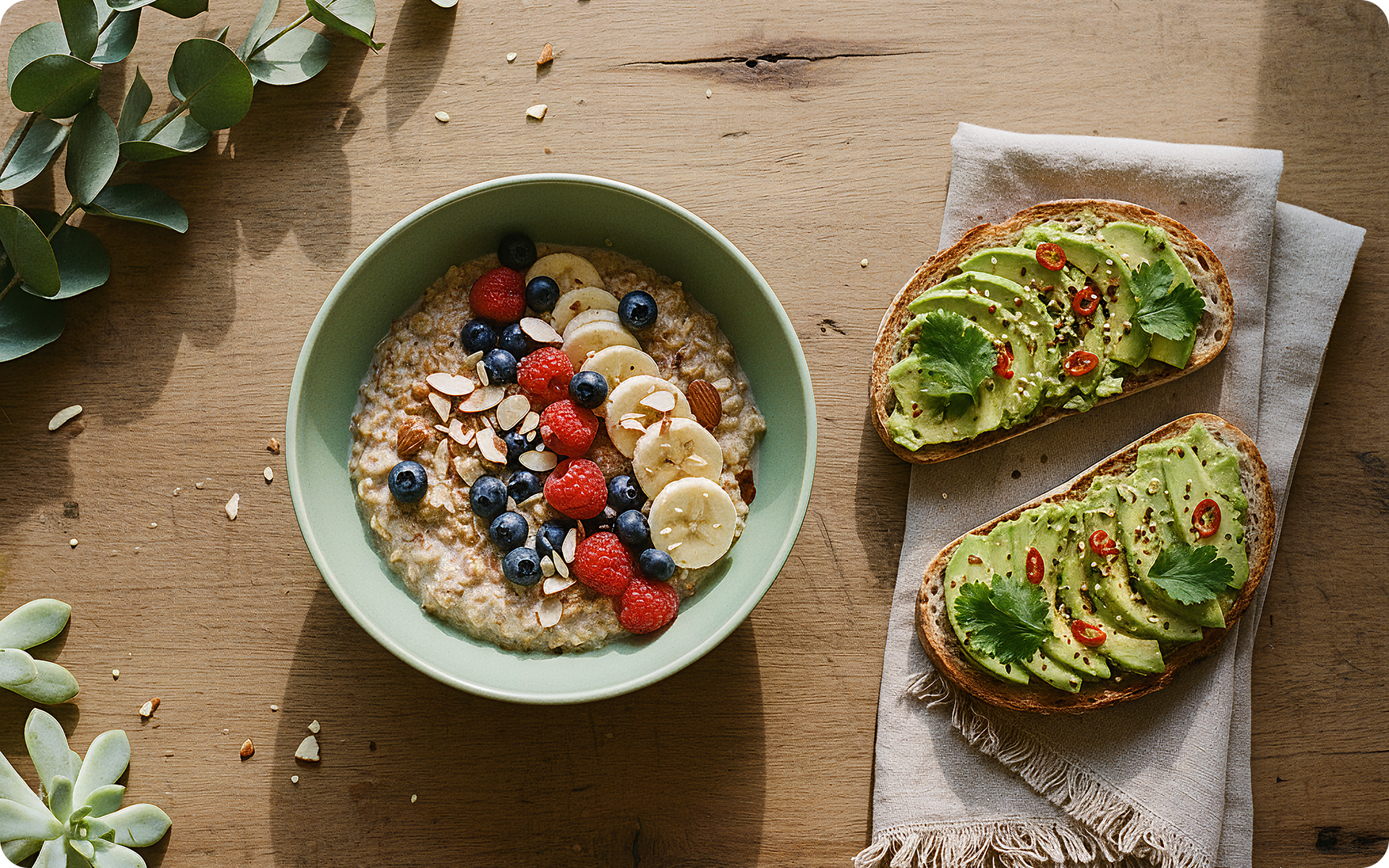“Why am I losing weight on my face?” This question often arises when individuals notice a reduction in facial fat. The face is a prominent area where weight loss can be particularly noticeable, prompting curiosity about its causes.
Several factors contribute to this phenomenon. Firstly, overall weight loss in the body can lead to a decrease in facial fat. Secondly, changes in muscle mass due to factors such as aging or alterations in exercise routines can also impact facial appearance. In addition, genetic predispositions may influence where fat is lost first. Furthermore, lifestyle factors such as diet and stress can play a role.
Why Is My Face Getting Thinner?
Understanding why your face is getting thinner is essential for comprehending changes in your body’s composition and overall health. Whether you’ve noticed a gradual thinning over time or a sudden change, several factors can contribute to this phenomenon. (13)
By exploring these factors, you can gain insight into the intricacies of facial weight loss and make informed decisions about your lifestyle and well-being. So if you’re wondering, “Why am I losing weight on my face?” here are a few potential reasons:
- Overall Body Fat Reduction: Notable weight loss in the face can arise from a reduction in total body fat. This may be the result of calorie deficits achieved through diet and exercise, or it could be unintentional weight loss due to illness, stress, or other reasons.
- Muscle Loss: A thinner appearance can be attributed to decreased facial muscle mass brought on by aging, illness, or other reasons.
- Genetic Predisposition: Genetics affects the distribution and thinning of facial fat by dictating where fat is stored and lost first.
- Aging Effects: Age-related changes in the skin’s elasticity and production of collagen lead to facial sagging and a thinner appearance.
- Lifestyle Factors: Smoking, poor sleep, stress, and poor nutrition can all have an impact on the distribution of fat in the face and overall body composition, which may result in facial thinning. (2)
BetterMe is your fast-track ticket to a long-lasting weight loss! Tailor your fitness journey and maximize your results with just a couple of swipes!
Is it Bad for Your Face to Lose Weight?
Depending on a number of factors, including personal genetics, lifestyle choices, and the amount and rate of weight loss, losing weight can have both positive and negative effects on your face. (9) Here’s a breakdown:
Positive Effects:
- Improved facial aesthetics: Reducing extra body fat can improve facial features by giving the cheekbones and jawline more definition. (10)
- Reduced puffiness: Losing weight can reduce puffiness and bloating in the face, giving the face a more defined appearance.
- Healthier skin: Clearer, healthier-looking skin can be achieved during intentional weight loss by eating a balanced diet and drinking plenty of water.
Negative Effects:
- Sagging skin: Skin on the face that’s loose or sagging may result from rapid or significant weight loss, particularly if the skin is not particularly elastic. (5)
- Hollowed appearance: A sunken or hollowed look in the cheeks can result from excessive or unintentional weight loss, giving the face a gaunt appearance.
- Wrinkles and fine lines: Significant weight loss can hasten the aging process and cause fine lines and wrinkles to appear on the face, particularly if it’s not done healthily.
Losing facial weight can also make your neck saggy. Here’s how you can tighten neck skin after weight loss:
- Incorporate targeted exercises such as neck stretches and chin tucks to strengthen muscles and tighten the skin around your neck during and after losing weight.
- Skin health and elasticity are supported by a well-balanced diet that is high in protein and water.
- Prioritize skincare, using retinoid or peptide-based products and moisturizing.
- Cosmetic procedures such as laser therapy or neck lifts may provide more significant results in terms of tightening in some cases, but they should be discussed with your dermatologist for individualized recommendations.
Can Stress Cause Facial Fat Loss?
Understanding the intricate relationship between stress and facial fat loss is essential when asking the question, “Why am I losing weight on my face?” Stress doesn’t directly cause facial fat loss, but the impact it has on various physiological processes can contribute to weight loss throughout the body, including in the face. (12)
- Cortisol Release: Stress causes your body to release cortisol, also known as the “stress hormone”. Cortisol can affect the distribution and storage of fat, as well as playing a part in metabolism regulation. Stress raises cortisol levels, which can cause an increase in appetite and fat storage, particularly around the abdomen.
- Appetite Regulation: While long-term stress can cause some people’s appetite regulation to become disrupted, cortisol can also increase appetite and fat storage. Different people respond differently to stress. For some, reduced food intake or altered eating habits could be the result of this disturbance, which could cause unintentional weight loss, including weight loss in the face.
- Impact on Lifestyle Habits: Stress can also affect lifestyle habits that contribute to weight management, such as sleep and exercise. Stress can cause many people to experience sleep patterns that shift, which can affect how their metabolism and appetite are regulated. Stress can also result in a decrease in energy or motivation, which can affect the ability to maintain a workout routine and engage in general physical activity.
- Management of Stress: In order to avoid unintentional weight loss, particularly in the face, and to maintain a healthy weight, stress management is essential. Stress can be reduced by practicing mindfulness, and relaxation techniques, getting regular exercise, and asking friends, family, or mental health professionals for support.
- Medical Evaluation: It’s important to speak to a healthcare provider if you’re losing a lot of weight without trying. Unintentional weight loss may be a sign of underlying illnesses such as thyroid problems, gastrointestinal problems, or even specific cancers. Appropriate treatment can be facilitated, and any potential medical issues that cause weight loss can be identified with the help of a thorough evaluation.
Read more: How To Lose Hip Fat and Keep It Off for Good
Do You Lose Face Fat in Your 20s?
The loss of facial fat in your 20s can vary greatly among individuals and is influenced by various factors such as genetics, lifestyle habits, and overall health. Due to things such as adolescent growth and development, most people have a fuller, rounder face in their teens and early 20s. However, the distribution of facial fat may progressively alter as they approach adulthood. (8)
As they approach their 20s, certain individuals may experience a decrease in facial fat due to factors such as hormonal fluctuations, dietary and exercise changes, and metabolic changes. Some people may continue to have a fuller face into their 20s and beyond.
If you’re in your 20s and wondering, “Why am I losing weight on my face?” It’s important to remember that during this time, facial fat loss is typically mild and gradual. Factors other than normal aging, such as severe weight loss, certain medical conditions, or unhealthy lifestyle choices, can cause notable or fast changes in facial fat.
At What Age Do You Lose the Most Face Fat?
The age at which people lose the most facial fat can vary greatly depending on several factors, such as general health, lifestyle choices, and genetics. Generally, as a person enters adulthood and leaves their teenage years behind, they may notice subtle changes in the distribution of facial fat. (13) However, the greatest loss of face fat generally occurs much later in life, around middle age or later.
Teenage Years and Early Adulthood
As a result of factors such as adolescent growth and development, most people have a fuller, rounder face during their adolescent and early adult years. The distribution of facial fat is generally more even and consistent at this point.
Middle Age
The middle age range, roughly from the late 30s to the early 50s, is when most people start noticing more obvious changes in the distribution of facial fat. A progressive decrease in facial fat is caused by various factors, including changed metabolism, reduced production of collagen, and hormonal fluctuations. As a result, the cheeks, temples, and the area surrounding the eyes may lose volume, which gives the appearance of the facial bones and contours greater definition.
Senior Years
Individuals may continue to lose facial fat and see changes in the elasticity of their skin as they age, generally well into their senior years and beyond. This can cause some parts of the face, particularly the cheeks and jawline, to appear more noticeably sunken or hollowed out.
If you’ve mustered up the courage to crush your weight loss goal, let Betterme take the sting out of this demanding process. Our app will help you restructure your habits, remold your life and crank up your fitness results!
How Do I Stop Losing Fat on My Face?
Experiencing weight loss on the face can prompt the question, “Why am I losing weight on my face?” Understanding the factors behind this phenomenon is essential for maintaining a healthy appearance. From genetics to lifestyle habits, several factors contribute to changes in facial fat distribution. (4) Exploring these factors provides insights into body composition changes and informs strategies for optimal health.
To stop losing fat on your face, you should consider implementing the following strategies:
- Adjust Your Diet: Make sure you’re eating enough calories to maintain the weight you currently have. Eat a diet that is filled with nutrient-dense, well-balanced foods to support overall health and avoid drastic weight loss, particularly on the face.
- Strength Training: Strength training exercises are a great way to add and preserve muscle mass in your fitness regimen, particularly to the muscles in your face. Your facial muscles can be toned and strengthened through resistance training, such as facial yoga or the use of resistance bands.
- Avoid Excessive Cardio: Cardiovascular exercise is vital for good health overall, but too much of it can lead to calorie deficits and possibly even face fat loss. To avoid undue facial fat loss, mix strength training with moderate aerobic exercise in your fitness regimen.
- Stay Hydrated: To maintain hydrated and healthy skin, make sure you’re drinking enough water. Make sure you consume plenty of water throughout the day to avoid appearing dehydrated or with hollowed-out cheeks.
- Protect Your Skin: To preserve skin elasticity and stop premature aging, adopt appropriate skin care practices, such as using moisturizers and sunscreen on a regular basis. Preserving overall facial appearance can be achieved by shielding your skin from damaging UV rays and environmental influences.
- Manage Stress: Prolonged stress can alter metabolism and hormone levels, which may help with the loss of facial fat. To help you manage your stress levels, incorporate stress-relieving practices into your daily routine, such as yoga, meditation, or deep breathing exercises.
By putting these methods into practice, you can help keep your face from losing too much fat while retaining a balanced, healthy look.
How Long Does it Take to Lose 30 Pounds?
The required duration to shed 30 pounds depends on several factors, such as your initial weight, metabolic rate, degree of physical activity, and eating patterns. (7) However, losing one to two pounds per week is generally the ideal goal for a safe and sustainable weight loss rate. Therefore, losing 30 pounds by a combination of calorie restriction and increased physical activity may take 15 to 30 weeks, or approximately 3.5 to 7 months. Throughout your weight loss journey, it’s essential to set realistic goals, prioritize making healthy lifestyle changes, and seek the individualized guidance and support of a registered dietitian or healthcare professional.
Read more: How to Lose Weight After 50: Discover 23 Ways to Lose the “Dad Bod” or Menopause Belly After 50
FAQs
How can I regain face fat?
To regain face fat and address the concern of “Why am I losing weight on my face?” you should consider implementing the following strategies: (6)
- Balanced Diet: To support general health and maintain a healthy weight, you should eat a balanced diet full of fruits, vegetables, whole grains, lean proteins, and healthy fats.
- Caloric Surplus: To encourage weight gain overall, make sure you eat more calories than you burn. Eat more nutrient-dense foods and limit ultra-processed or high added-sugar foods.
- Strength Training: To help build and tone facial muscles, incorporate strength training exercises that specifically target the muscles in the face, such as resistance training with facial exercises or facial yoga.
- Hydration: Drinking water keeps your skin hydrated and healthy, which helps maintain skin elasticity and prevents your face from appearing sunken or hollow.
- Skincare Routine: To promote the general health and appearance of your skin, follow a regular skincare regimen including moisturizing and using sunscreen to protect your skin from the sun.
- Gradual Weight Gain: Try to gain weight in a sustainable and gradual manner to prevent too much fat from piling up on your face and other body parts.
Does eating less make your face slimmer?
Yes, eating less can contribute to a slimmer face, primarily through overall weight loss. When you consume fewer calories than your body needs, this creates a calorie deficit, which prompts your body to use stored fat for energy. (1) As a result, you may experience a reduction in fat stores throughout your body, including in your face. In addition, reducing calorie intake may lead to a decrease in facial bloating and water retention, which further contributes to a slimmer appearance.
However, it’s important to lose weight in a sustainable and well-balanced manner. A calorie restriction that is too drastic or rapid can be detrimental to muscle mass, metabolism, and general health. While aiming for a slimmer face, it’s important to prioritize regular physical activity and nutrient-dense foods to support overall health and well-being.
What vitamins help thin skin?
Several vitamins and minerals that are found in various foods can help support skin health and may promote thicker, more resilient skin. (11) Here are some foods that are rich in these essential nutrients:
- Vitamin C: Vitamin C is essential for the synthesis of collagen and the strength of skin, and citrus fruits such as oranges, lemons, and grapefruits are great sources of this vitamin. Broccoli, bell peppers, strawberries, and kiwis are some additional sources.
- Vitamin E: Nuts and seeds that are high in vitamin E, a powerful antioxidant that promotes skin repair and regeneration and shields the skin from oxidative damage, include hazelnuts, sunflower seeds, and almonds.
- Vitamin A: Vitamin A-rich foods, such as kale, sweet potatoes, carrots, and spinach, may encourage skin cell renewal and repair, preserving the thickness and integrity of the skin.
- Omega-3 fatty acids: Omega-3 fatty acids, which help reduce inflammation, support skin barrier function, and help maintain skin hydration, are abundant in fatty fish, such as sardines, mackerel, and salmon.
- Zinc: Zinc, which is abundant in lentils, beef, oysters, and pumpkin seeds, is essential for wound healing and collagen synthesis, which preserves the thickness and strength of skin.
The Bottom Line
Losing weight on your face stems from several reasons. We’ve highlighted key factors such as changes in diet, exercise routines, and overall body weight reduction that can lead to a slimmer facial appearance. In addition, facial weight reduction can be due to more clinical aspects such as hormonal changes and underlying health conditions. Aging and the impact it has on facial fat distribution also receive attention, providing a holistic view of how various elements can influence facial contours.
DISCLAIMER:
This article is intended for general informational purposes only and does not serve to address individual circumstances. It is not a substitute for professional advice or help and should not be relied on for making any kind of decision-making. Any action taken as a direct or indirect result of the information in this article is entirely at your own risk and is your sole responsibility.
BetterMe, its content staff, and its medical advisors accept no responsibility for inaccuracies, errors, misstatements, inconsistencies, or omissions and specifically disclaim any liability, loss or risk, personal, professional or otherwise, which may be incurred as a consequence, directly or indirectly, of the use and/or application of any content.
You should always seek the advice of your physician or other qualified health provider with any questions you may have regarding a medical condition or your specific situation. Never disregard professional medical advice or delay seeking it because of BetterMe content. If you suspect or think you may have a medical emergency, call your doctor.
SOURCES:
- 6 Ways to Make Your Face Look Slimmer Without Losing Weight (Men’s Health, 2023)
- 10 Ways to Tighten Saggy Neck Skin (Sculpt MD)
- 11 Factors that affect weight loss (Medikaur Skin & Aesthetics)
- Can You Keep Fullness in Your Face When Losing Weight? (LiveStrong)
- How does weight loss affect the face? (Ouronyx Blog)
- How to gain weight on the face (Medical News Today)
- How to Lose 30 Pounds (WikiHow)
- How to manage thin skin (Medical News Today)
- How Weight Loss Changes Your Face (Miami Skin + Vein, 2023)
- How weight loss changes your face? (SilverBack Nutrition, 2024)
- How Your Face Changes in Your 20s, 30s, and 40s (Women’s Health, 2015)
- This Is What Happens To Your Appearance When You’re Stressed Out (GQ, 2022)
- What Causes a Gaunt Face, and How Can It Be Treated? (Healthline)
- Where Did All the Facial Fat Go? (Harper’s Bazaar, 2023)










